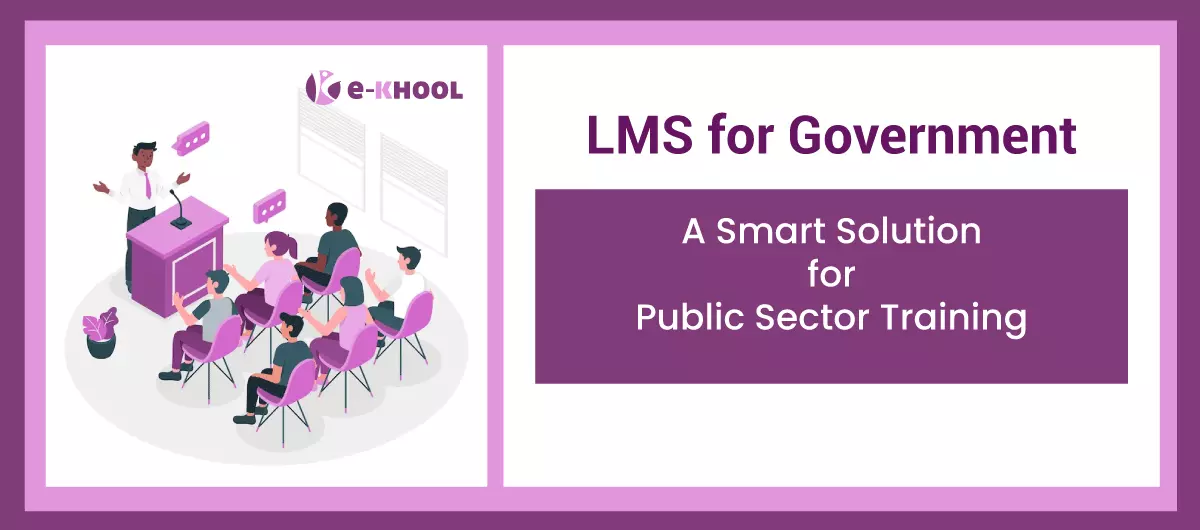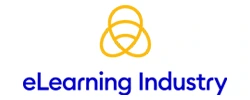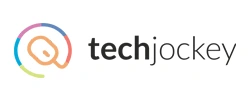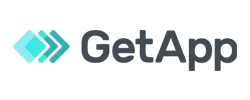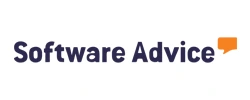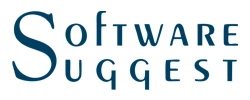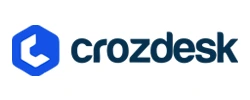The administration, distribution, and tracking of online learning and training programmes are made possible by learning management systems (LMS), which are computer programmes. They are frequently used for a variety of fields, including business, healthcare, and education. But what about the government? What are the main criteria to consider when choosing an LMS for government training and how might LMS for Public Sector serve the public sector?
LMS for Government: A Smart Solution for Public Sector Training
In this blog post, we'll look at the advantages of Public Sector LMS, the difficulties and needs of training for the government, and the crucial factors to consider when choosing an LMS. Let's go over this article's main plot in more detail.
Contents
Need for LMS in public sector training
In order to improve the quality and effectiveness of public services as well as the skills and capabilities of public employees, learning management systems or LMS for Government training are essential in public sector training. LMS are computer tools that make it possible to manage, deliver, track, and report on online learning initiatives. They can facilitate many different kinds of educational activities, including online courses, webinars, simulations, tests, feedback, and group work.
Advantages of LMS for Government Training
- Cost-effectiveness: LMS for Public Sector can cut down on the expenses related to traditional classroom training, including travel, lodging, venue hire, and instructor fees. It can also save time and resources by automating administrative operations including enrollment, attendance, assessment, and reporting.
- Accessibility: Employees in the public sector who work across numerous locations, shifts, or time zones can access learning resources through Public sector e-learning platforms and exercises from any location, at any time. By providing a range of media, such as videos, podcasts, e-books, web resources, quizzes, and self-assessment, it may also accommodate various learning styles and preferences.
- Scalability: Large numbers of learners and courses can be handled by Government Sector LMS without sacrificing the system's effectiveness or quality. Additionally, it may accommodate different languages and currencies for regional or international training programmes.
- Compliance: By ensuring that all employees have access to consistent and recent information on policies, procedures, standards, and best practices, Government Sector LMS can assist government agencies in meeting regulatory and compliance training obligations. For auditing purposes, it can also keep track of and record when training activities are finished and what they achieved.
- Engagement: By offering interactive and collaborative learning options, such as gamification, social learning, feedback, recognition, and prizes, LMS for Federal can increase the engagement and motivation of public sector personnel. By letting learners determine their own objectives, pace, and course, it can also help to tailor their educational experience.
- Increasing employee performance and output by giving them opportunities for relevant and interesting learning through public sector LMS that are in line with their duties.
- Improving employee happiness and retention by encouraging a culture of lifelong learning and growth as well as honoring and rewarding their accomplishments.
- Eliminating the need for travel, locations, instructors, and printed materials while utilizing already available government LMS and content to cut training costs and time.
- Enhancing the availability and adaptability of government training courses by enabling students to access courses from any location and on any device, as well as by providing self-paced and individualized learning paths.
- Ensuring compliance and accountability by monitoring and reporting on learner performance, completion, and progress in addition to adhering to legal and regulatory requirements.
Challenges and Requirements of Government Training
Although LMS for government training can assist the government greatly, some particular challenges and demands must be met. A few of these are as follows:
Security and privacy: It is frequently necessary to protect sensitive and confidential material used in government training against illegal access, usage, or disclosure. A government-approved LMS for public sector must therefore have strong security features including encryption, authentication, authorization, audit trails, backup, and recovery.
Scalability and reliability: Government training frequently involves a sizable number of concurrent users who must access the Government Learning Management System Software from several places and departments. As a result, an LMS for the government needs to have high scalability and dependability capabilities, such as cloud hosting, load balancing, redundancy, and uptime guarantees.
Customization and integration: When it comes to government training courses, different government agencies may have different needs and preferences. Because of this, a government-focused LMS needs to have high levels of customization and integration, including branding, language support, content production tools, user management tools, communication tools, analytics tools, and third-party integrations.
Criteria for Selecting an LMS for Government
Based on the benefits, challenges, and requirements of government training, here are some essential criteria for selecting an LMS for government:
|
Security |
The necessary security guidelines and laws governing the protection of public data should be followed by Government LMS. |
|
Scalability |
LMS for Government Training should be capable of managing huge amounts of learners and data without sacrificing effectiveness or quality. |
|
Reliability |
In the event of any technical difficulties or disruptions, the LMS should have a high availability rate and a quick recovery time. |
|
Customization |
Users should be able to customize the LMS's appearance and functionality to suit their personal preferences and branding standards. |
|
Integration |
The HRIS, CRM, ERP, and SSO should all work in unison with the LMS to provide seamless integration with all other systems and National Skill Training courses utilized by the government agency or company. |
|
Content |
The LMS should include a range of material kinds and formats for government online courses that meet the requirements and preferences of government employees for learning, including webinars, e-books, podcasts, quizzes, simulations, and gamification. |
|
User experience |
Both learners and administrators should be able to easily explore and use the LMS's user-friendly interface. |
|
Support |
In order to help users with any queries or problems they could run across, the LMS should offer dependable and quick customer service. |
Also read: Online skill training app | Best skill training software to upskill your trainees
Factors to Choose the Best LMS for Government Training
To choose the best LMS for government training, you should consider the following factors:
- Your goals: What goals and outcomes do you hope to achieve using the LMS for government training? What are your desired results and success metrics?
- Your audience: Who are the learners you want to reach? What are their personality traits, needs, preferences, difficulties, and goals?
- Your content: What kind of content are you hoping to distribute via an LMS? What kind of content do you offer? What is the frequency of your content updates?
- Your budget: What budget do you have for LMS? How are you going to distribute your budget?
- Your timeline: How soon must LMS be put into use? How much time do you plan to use it for?
- Your features: What LMS features do you require? How significant are they to your objectives?
- Your vendor: Which vendors are you considering? What is their background, standing, portfolio, and experience?
e-khool LMS in Public sector training
A cloud-based learning management system called e-khool LMS provides online courses and live classes for a variety of markets, including K–12, higher education, career training, and employee training. One advantage of the e-khool LMS is that it can assist public sector organizations in increasing the effectiveness and efficiency of their training programmes. Delivering knowledge and skills to staff members, managers, and executives in governmental, public, and non-governmental organizations is the goal of public sector LMS training.
Moreover, the e-khool LMS's gamification, social learning, and interactive and multimedia content can increase learner engagement and retention. By offering a flexible, affordable, and user-friendly solution that can enhance the performance and productivity of public sector individuals and organizations, e-khool LMS can thus play an important role in public sector training.
FAQ for LMS in Public Sector Training
1. Why use LMS in public sector training?
LMS government training software can help you improve the efficiency and effectiveness of your public sector training by:
-
Providing a centralized platform for storing and accessing all your training materials and resources
-
Enabling you to track and monitor the progress and performance of your learners and instructors
-
Offering various features and tools to enhance the learning experience, such as interactive quizzes, gamification, feedback, and certificates
-
Supporting different modes and formats of learning, such as self-paced, instructor-led, blended, or mobile
-
Facilitating collaboration and communication among learners and instructors through forums, chats, and messages
-
Simplifying the administration and management of your training programs, such as enrollment, scheduling, reporting, and compliance
2. How to choose the best LMS for your public sector training needs?
There is no one-size-fits-all solution when it comes to choosing a public sector LMS for your training needs. You need to consider various factors, such as:
-
Your training goals and objectives
-
Your target audience and their preferences
-
Your budget and resources
-
Your technical requirements and compatibility
-
Your security and privacy standards
-
Your scalability and flexibility needs
3. Why is it important for public sector training?
LMS is important for public sector training because it can help you:
-
Improve the quality and efficiency of your training delivery and evaluation
-
Enhance the accessibility and flexibility of your training offerings for your learners
-
Reduce the costs and risks associated with traditional classroom-based training
-
Support the professional development and career advancement of your staff
4. How can I implement and maintain an LMS in my public sector organization?
Implementing and maintaining an LMS for government in your public sector organization requires careful planning and execution. You need to:
-
Define your project scope and timeline
-
Assign roles and responsibilities to your project team
-
Communicate and collaborate with your stakeholders and partners
-
Design and develop your courses and content
-
Test and troubleshoot your system and courses
-
Launch and promote your LMS to your learners
-
Monitor and evaluate your LMS performance and outcomes
-
Update and improve your LMS based on feedback and data
Note:
The use of an LMS for government training, such as GSA training in the United States, can enhance staff productivity, satisfaction, retention, compliance, and cost-effectiveness. By adopting e-khool LMS for government use, the company is able to maximize benefits, reduce obstacles, and satisfy both the criteria for choosing an LMS for government use and the standards for government training.

